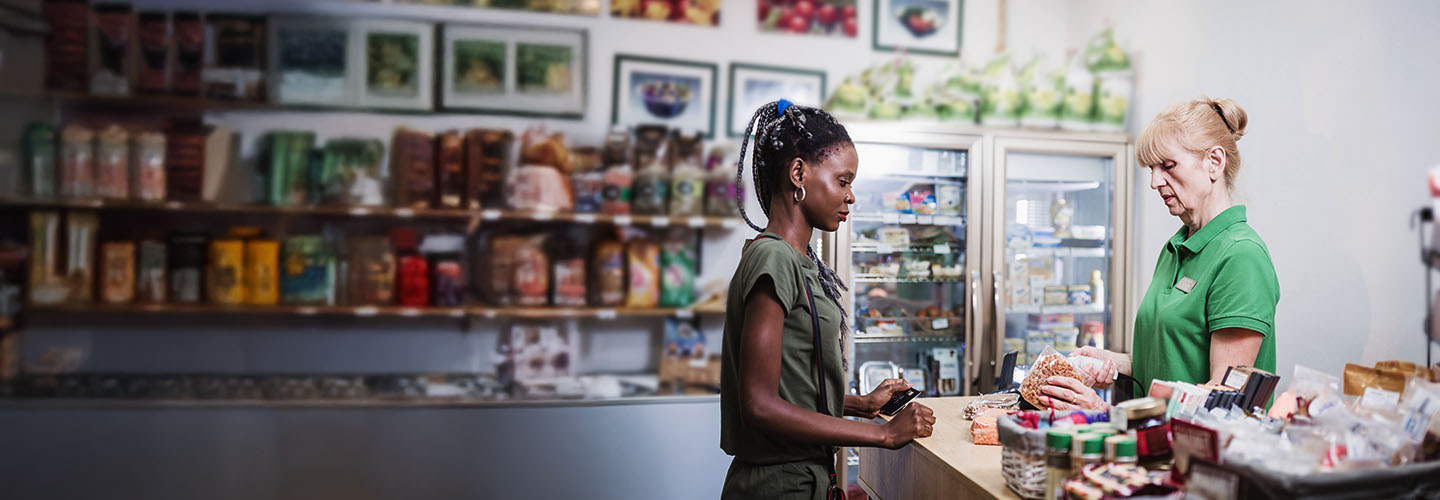Winter means it’s time to pull out your coats and swap summer salads for hearty soups and stews. But as you cosy up and get ready for winter, you also need to take precautions to avoid fires and other electrical mishaps. You should ensure that your heating systems and electrical connections are safe, and that your home is equipped with some basic firefighting equipment.
Understanding winter fire hazards at home
Robert Mulaudzi, spokesperson for the City of Johannesburg Emergency Management Services (EMS), has stated that although paraffin stoves and candles continue to be the main cause of fires in informal settlements, electrical faults and gas heaters cause most fires in other residential areas.
It can be dangerous to use extension cords or electrical equipment that are not approved by the South African Bureau of Standards (SABS) and don’t meet their safety standards. Non-SABS-approved appliances may not be properly insulated against short circuits, which can lead to life-threatening electric shocks, or overheating that can cause fires. Always stick to SABS-approved plugs, adapters and extension cords. They will have labels indicating important safety details, like the maximum wattage they can handle, to help you avoid overloads.
Gas appliances must be installed correctly according to regulation guidelines to avoid damage to property or serious harm to people. Get a professional installer to handle the installation. Incorrectly installed gas appliances increase the risk of gas leaks, fires, explosions, or even fatal carbon monoxide poisoning.
There are other factors that can increase the risk of house fires too. Gas canisters must be stored a safe distance away from heat sources to prevent explosions or fires, and professional installers have specific guidelines outlining these safe distances. It is compulsory under South African law to get a gas compliance certificate for any gas installations – and getting this certificate is your responsibility, not the installer’s.
Since 1 April 2023, the digital 5-page certificate is the only version accepted, and hard-copy certificates are no longer valid. Make sure you get a certificate from the South African Qualifications and Certification Committee when you have any gas appliances installed. If a defective gas appliance causes property damage and there’s no valid gas certificate, the insurance provider has the right to reject a claim.
Safe practices to prevent gas or electrical fires
Gas heaters and other gas appliances:
- Never leave a gas heater on overnight.
- After connecting the regulator, use a soapy liquid to check for leaks.
- Don’t use clamps meant for garden hoses to connect gas equipment, as they can cut rubber gas hoses over time. Use appropriate gas hose clamps.
- Follow the manufacturer’s instructions and don’t make modifications.
- Keep gas heaters away from flammable substances.
Cooking, stovetop and kitchen fires:
- Never leave pots unattended on the stove, especially those containing cooking oil.
- Ensure that the stove is turned off during load-shedding.
- Store gas cylinders in well-ventilated areas.
- Don’t place a gas bottle on top of a stove during load-shedding or power failures.
- Regularly clean extraction system filters.
- Perform regular service and maintenance on deep fryers and heating elements.
- Use an accredited installer for gas lines and appliances.
- During load-shedding, turn off all electric hobs and ovens. Switch them back on when power is restored.
Cover a burning pot of oil with a lid, a heatproof plate or a larger pot
Electricity safety:
- Install surge protectors in plug sockets to guard against too much current – which could be caused by a lightning strike, or a power surge when supply is restored after load-shedding or unscheduled blackouts. This not only reduces the risk of fire, but also helps to protect your appliances from surge damage.
- Don’t overload wall socket outlets with multiplug adaptors and extension cords. Use extension cords as temporary solutions only.
- Ensure that electrical installations comply with regulations – get a compliance certificate, and have all work done by an accredited master electrician.
Fire-safety tips for every household
Winter fires can be tragic for homeowners and tenants alike. Try these tips to prevent fires during the winter.
Inside your home:
- Identify escape routes
Plan escape routes from various points in your home. Make sure that multiple options are available and let everyone in the household know where they are.
- Remove fire hazards
Use fireguards in front of fireplaces, and make sure that any flammable home furnishings are a safe distance away. Keep gas cylinders in a cool, dry storage area, a safe distance from any potential fire hazards.
- Have firefighting equipment in your home
Keep firefighting equipment close to high-risk areas, such as the kitchen or the lounge. Make sure that they are the correct type – powder or foam extinguishers are safer for kitchen or electrical fires when you can’t use water. Ensure that all your fire extinguishers are checked and serviced regularly.
- Never throw water on an oil fire
If you throw water on a boiling oil fire, the water sinks below the oil and then explodes as steam, blasting burning oil all over the kitchen and anyone in it. Instead, cover a burning pot of oil with a lid, a heatproof plate or a larger pot and turn off the stove. The fire will die in the pot when it runs out of oxygen. If burning oil is spilt on the stove so that you can’t cover it with a lid, use a chemical powder extinguisher.
- Keep flammables away
Store flammable liquids or gases safely away from fires and hot appliances.
- Prevent electrical fires
Don’t overload wall plugs. Maintain insulated cables and if you don’t have surge protectors, take precautions during lightning storms and load-shedding by unplugging electrical equipment.
- Store liquids safely
Be aware of flammable household liquids and store them safely, away from potential heating or fire risks.
- Post emergency contacts
Keep relevant emergency contact numbers easily accessible.
Outside your home and in the garden:
- Remove dry branches
Clear dry tree branches away from electric fences, buildings and walls.
- Relocate garden rubble
Dispose of garden rubble properly and keep compost heaps away from fire hazards.
- Maintain thatched roofs
Maintain thatched roofs properly to prevent combustible gas build-up.
- Store generator fuel safely
Keep generators away from combustible materials and store fuel at a safe distance.
- Know evacuation procedures
Stay informed about neighbourhood evacuation procedures, especially if your property is in an area prone to wildfires.
- Wet the property
If a veld fire or fire at a neighbour’s home is threatening to spread to your home, use a hose to wet your roof and any vegetation on the property to stop sparks from igniting new fires, especially if you have a thatched roof.








